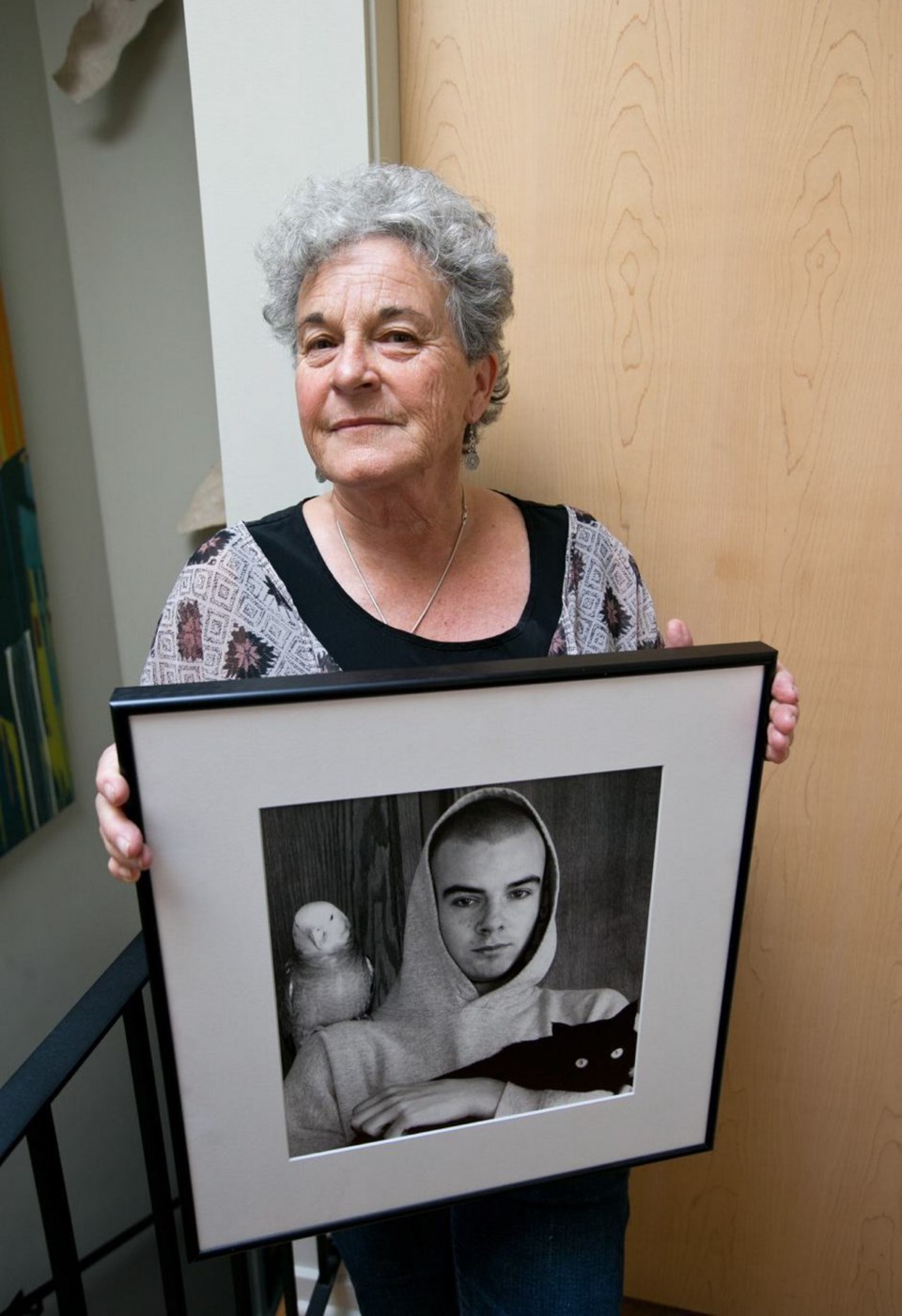A group of Canadian mothers who have lost children to narcotics plans to take on the world after a successful first step at home.
Calling themselves mumsDU, short for Moms united and mandated to saving the lives of Drug Users, the four Canadian women are travelling to New York and the United Nations.
Next week, the mothers will attend a United Nations General Assembly special session that is set to examine policies on illegal drugs. It’s expected to attract representatives from more than 190 countries, as well as many non-government organizations.
Leslie McBain of Pender Island, whose son Jordan died Feb. 4, 2014, with a combination of legal and illegal drugs in his system, said she and three others from mumsDU will all pay their own way.
“We’ll be there to listen to learn and connect,” McBain said. “But it’s also really important that we have a presence there.
“We’ll be there as a voice for Canadian families.”
MumsDU was formed in 2015 by McBain and four other woman from across the country: Jennifer Woodside of Vancouver, Lorna Thomas of Edmonton, Petra Schulz from Mayne Island and Edmonton, and Donna May of Toronto.
All five had watched their children become addicted and die. All five had been frustrated at what they saw as lack of help for their children and others like them. And all five were determined to stop what they saw as needless deaths.
Their first lobby effort was to improve availability of the drug naloxone, an inexpensive antidote that counteracts the fatal suppression of breathing in so many overdose deaths.
An intramuscular injection can reverse the respiration slowdown caused by narcotics such as heroin in as little as three minutes.
Last month, mumsDU could claim at least a part victory when the federal government announced it would take naloxone off the list of drugs requiring prescriptions. As a British Columbian, McBain was proud when B.C. became the first province to make naloxone available for sale by pharmacists.
McBain said the UN conference has a much wider objective in mind.
The organization is looking to end the “war on drugs” in favour of a more humane approach to dealing with the harm caused by narcotics.
McBain, a proponent of harm reduction, said she has come to the conclusion that it’s more important to keep drug addicts alive than to penalize them.
But McBain admits that “harm reduction” has become synonymous with controversial programs such as supervised injection sites or legally prescribing narcotics such as heroin. It can be difficult for people to accept an injection site in their neighbourhoods, she said.
On the other hand, McBain said, criminalizing narcotics and declaring war on drugs has been an abysmal failure.
Addicts are dying on streets all over the world. Some countries, such as those in Central America, are awash in armed violence financed by narcotic producers.
McBain said at home, she tries to teach young people about the dangers of drugs without resorting to simplistic “just say no” messages.
Instead, she tells them the measures they can take to protect themselves and their friends — for example, learning how to use a naloxone kit.
She also continues to agitate for a more humane and medically based approach to dealing with drug addiction.
“With my son, there are things that could have been done,” McBain said. “It’s hindsight, you know.
“[But] we have to deal with what the reality is and try to shake all the stigma — that attitude that says: ‘It’s your own darn fault and you should just quit.’ ”



